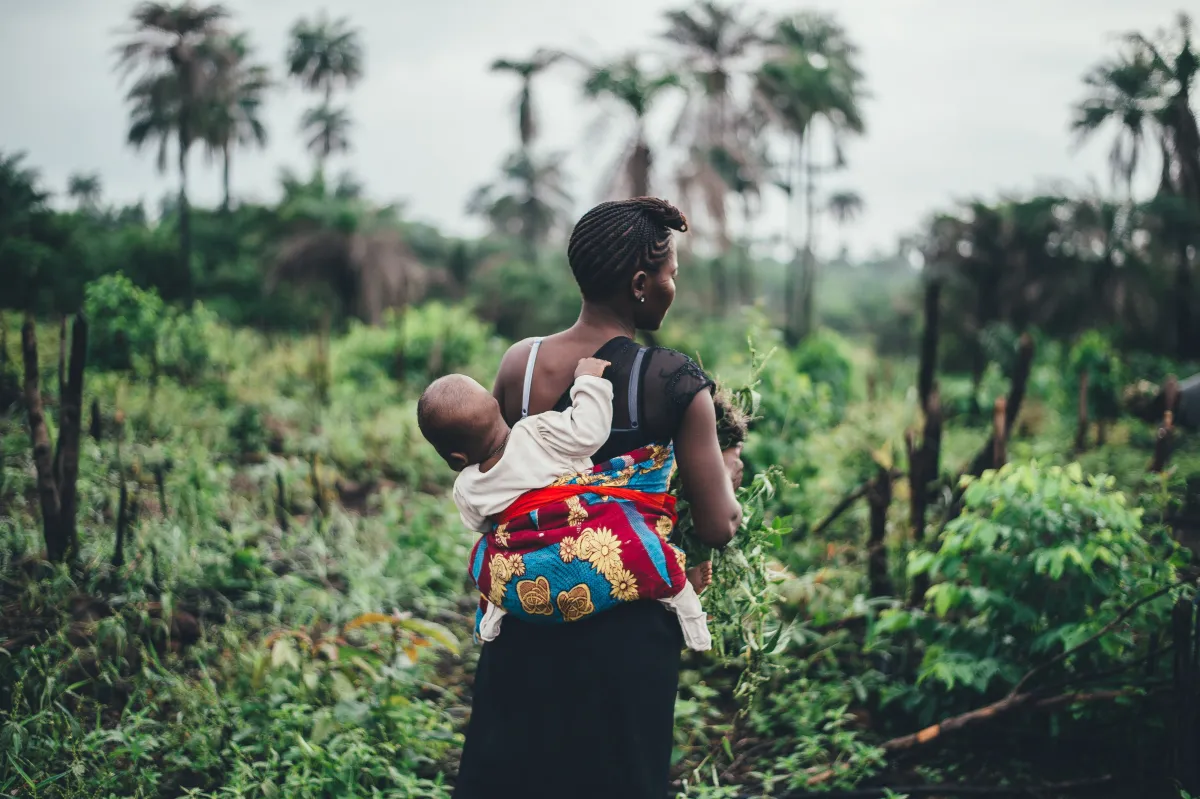Bringing youths to the table: strengthening their voices to reduce maternal mortality in Sierra Leone

Sierra Leone has the world’s highest maternal mortality rate, with one in 17 women dying during childbirth. While this shocking statistic has garnered international support, for example Médecins Sans Frontières doctors providing life-saving services to pregnant women and their newborns, there is still a lack of reproductive and sexual health education and services.
This issue became apparent to Associate Professor Kamalini Lokuge and her team while working to implement a long lasting safe delivery program there.
“We realised our efforts in antenatal and emergency obstetric care would be greatly strengthened by a sexual and reproductive health program. We need to consider the drivers for unplanned pregnancy and how we can influence this, particularly with adolescent women and girls,” says Lokuge.
Indeed, family planning is arguably the most effective intervention available to prevent obstetric complications. More than 86 percent of girls aged 15 to 19 in Sierra Leone having never used contraceptives, and 30 percent of them given birth by the time they are 19. Access to this type of education and care is therefore particularly important.
Striving to achieve this goal of sexual health planning and education, Lokuge and the Humanitarian Health Research Initiative team have been awarded $180,000 AUD by the Waterloo Foundation. While educating youths on sexual health is not a new concept, this project stands out from the crowd by including adolescents in its steering committee. These adolescents will span social and cultural backgrounds, help guide the program, evaluate baseline research and literature, and provide implementation recommendations to service delivery providers based on their lived experiences and knowledge.
This is a sexual health education program for adolescents, by adolescents with guidance by experts.
As members of their community and a core impacted population with high pregnancy rates, maternal mortality, and lack of access to contraception, it is key that adolescent voices are brought to the table to co-develop solutions.
Under the guidance of Associate Professor Lokuge and local health partners, the steering committee will build their capacity to develop a sexual and reproductive health program that is principled on evidence to improve the lives of their peers and communities.
While this project was designed prior to the COVID-19 pandemic, Lokuge is keen to get the project up and running as soon as possible. Lockdowns and school closures affect girls disproportionately, and in Sierra Leone, adolescent pregnancy increased by up to 65% in some communities during the Ebola crisis.
“The pandemic increases the need for this initiative more than ever. During past pandemics, such as Ebola, people lost their trust in healthcare systems and stopped accessing healthcare services,” says Lokuge.
“Our focus, working with local youth groups and NGOs, will mitigate some of this loss of trust in healthcare systems. We need to increase their capacity to help and educate adolescents, and encourage communities to continue to access services.”
